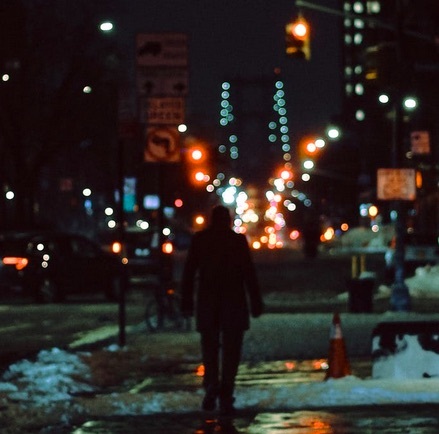 A newly published study claiming to show a link between Airbnb rentals and violent crime in cities has been strongly rejected by Airbnb, which says the study is flawed.
A newly published study claiming to show a link between Airbnb rentals and violent crime in cities has been strongly rejected by Airbnb, which says the study is flawed.
The study, by three academics, is titled Airbnb and neighborhood crime: The incursion of tourists or the erosion of local social dynamics? According to Airbnb, it has drawn “inaccurate conclusions not supported by the evidence”.
The study covers the period of 2011-2018 in Boston. Researchers found that as homes moved from residential use to being used for short-term Airbnb rentals, the ability of a local community to police itself declined, leading to more crime.
The study said higher levels of violent crime did not appear immediately after Airbnb listings became available to tourists, but instead developed over the course of several years.
“We find evidence that increases in Airbnb listings – but not reviews – led to more violence in neighborhoods in later years,” the authors wrote. “This result supports the notion that the prevalence of Airbnb listings erodes the natural ability of a neighborhood to prevent crime, but does not support the interpretation that elevated numbers of tourists bring crime with them.”

Photo by Zeeshaan Shabbir. Pexels
The authors of the study said they “utilized three variables measuring crime and disorder developed by the Boston Area Research Initiative from 911 dispatches from 2011–2018.
“These measures were calculated as the rate per 1,000 residents of events falling into a pre-determined set of categories from the dispatches. They include: public social disorder, including intoxicated individuals, lewdness, and drunken disturbances; private conflict includes issues like landlord/tenant trouble, breaking and entering, and vandalism; and violence includes events like armed robberies, assaults, a person with knife, and fights.”
“…the results point to the possibility that the large-scale conversion of housing units into short-term rentals undermines a neighborhood’s social organization, and in turn its natural ability of a neighborhood to counteract and discourage crime, specifically violent crime.”
The European international news channel Euronews.com said another study in Europe, conducted in Barcelona last year by a researcher from the University of Cádiz, had reached similar conclusions.
Airbnb has rejected the Boston study findings and published a comprehensive rebuttal on its website.
Airbnb said the study had used an unrepresentative sample within one city to make broad conclusions covering the whole US. Airbnb argued that the published paper “applies a faulty methodology including a flawed regression analysis; and relies on inaccurate data. The result is a paper with inaccurate conclusions not supported by the evidence.”
Airbnb stated: “Over the last year-plus, various reports indicate the unfortunate trend that crime has risen in many American cities (even as travel and tourism, including short-term rentals, have suffered in urban markets). There are many complex issues that contribute to rises and falls in crime rates that require serious research to help inform and guide public policy work. As a society, we should be working to advance serious research. In this context, Airbnb will be formally reaching out to Northeastern University to express our concerns about the lack of academic rigor in this paper and learn more about the protocols the University applies to assure the quality of the research performed by those associated with the school.
“While the approach taken by these authors resulted in conclusions not supported by the facts or the methodology, we continue to welcome the opportunity to work with those who want to approach these important issues with a seriousness of purpose.”
Written by Peter Needham















